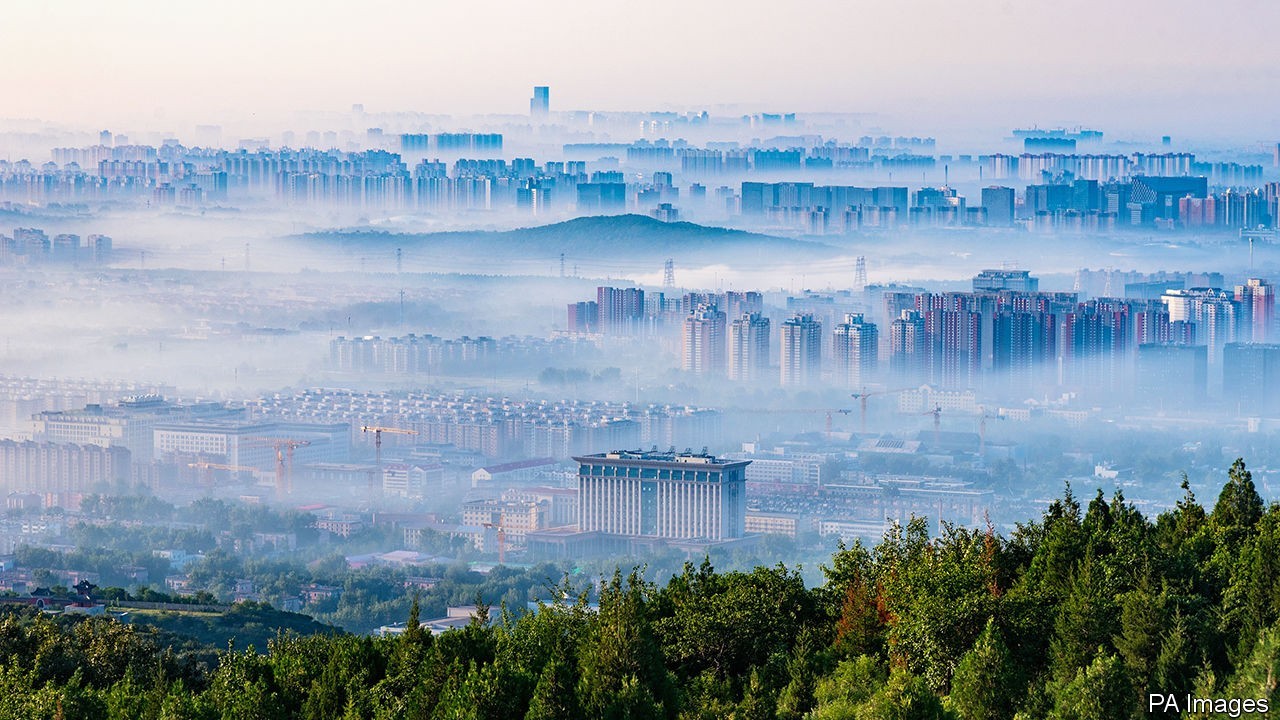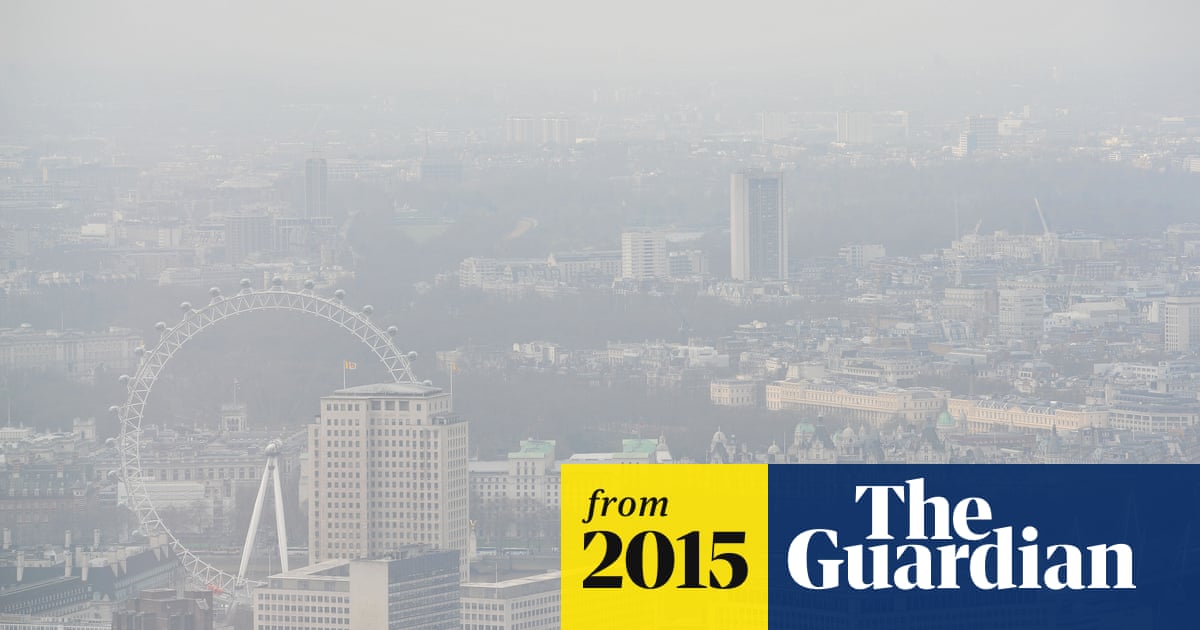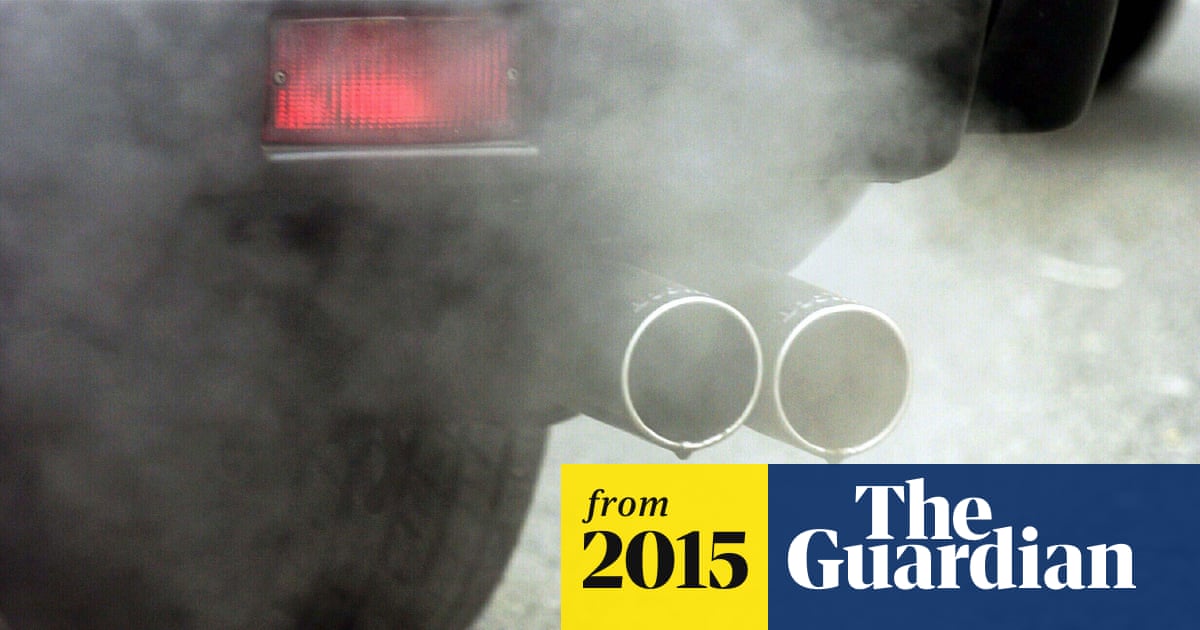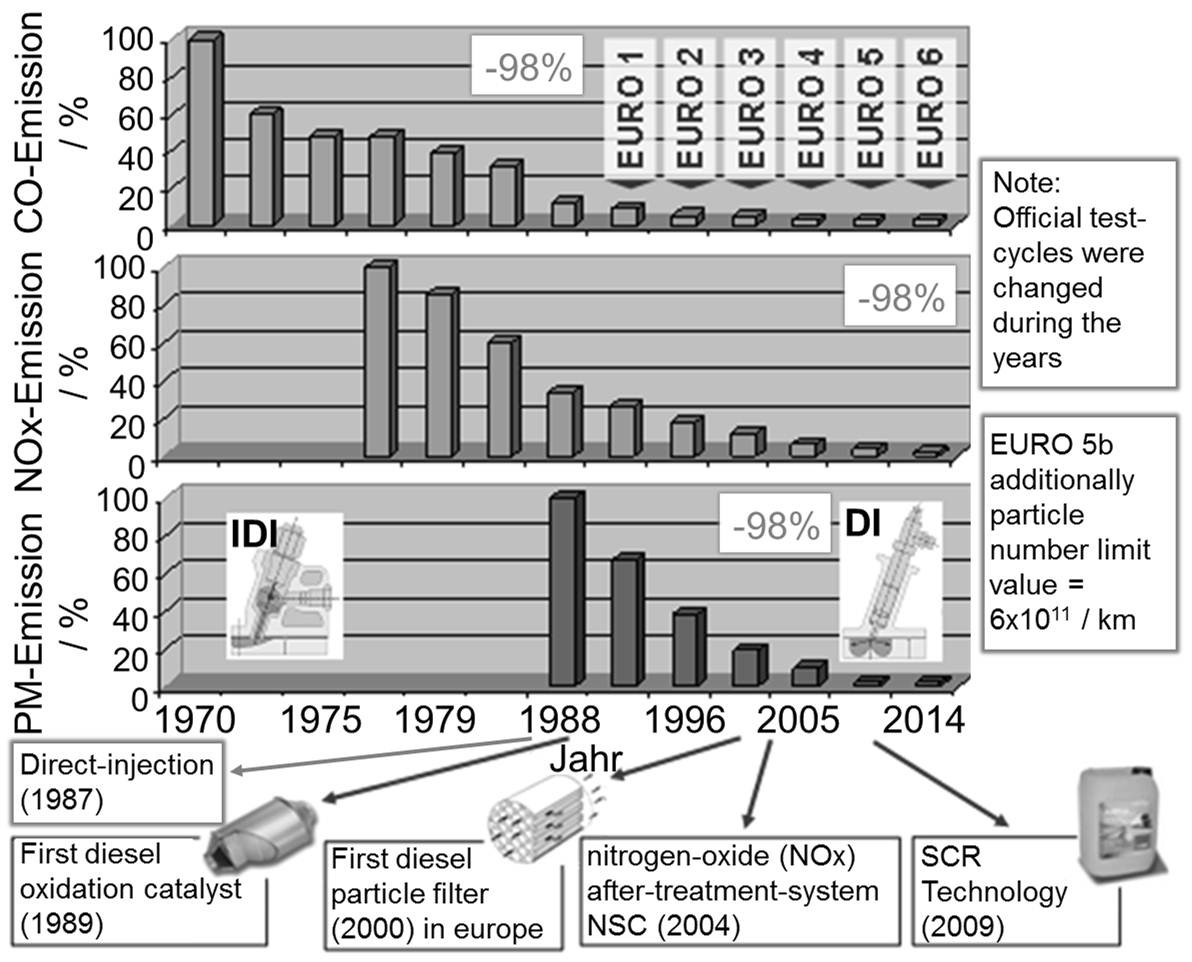Emptyorangeseat
Team Captain
- Oct 6, 2019
- 578
- 1,119
- AFL Club
- Fremantle
- Banned
- #1,251
Yep! And their humanitarian aid of its own people and prisoners!It is pretty frightening to see the rise of China.
Power equals industry, industry equals military power. They have industrial might to support a war machine and whilst we have an off shore call centre.
Nothing is said especially by the corrupt U.N








